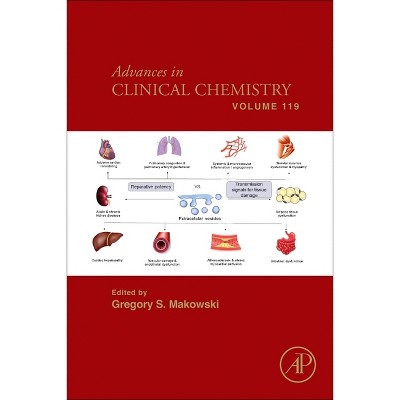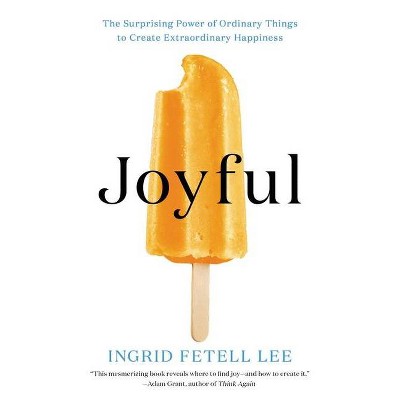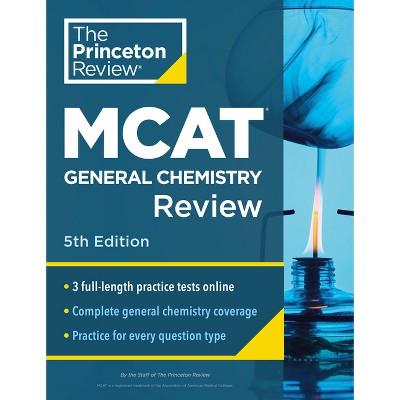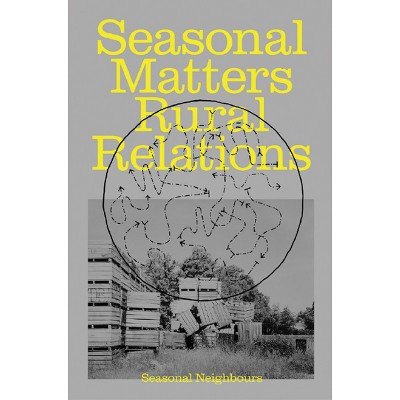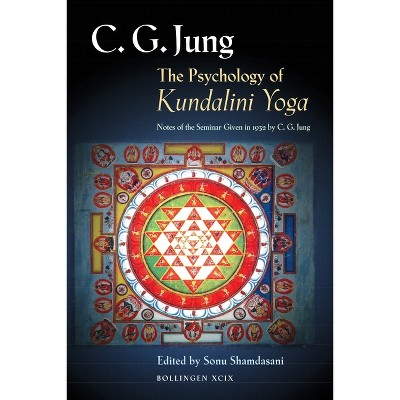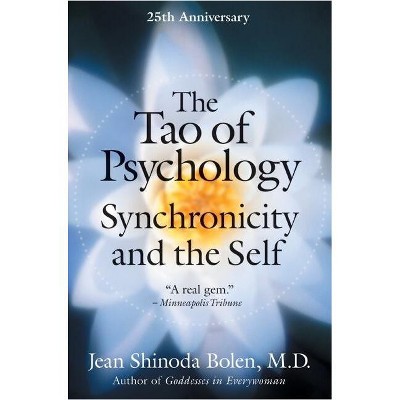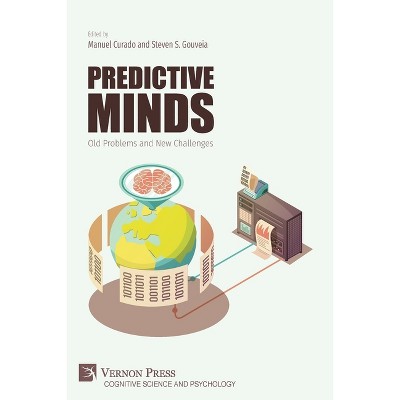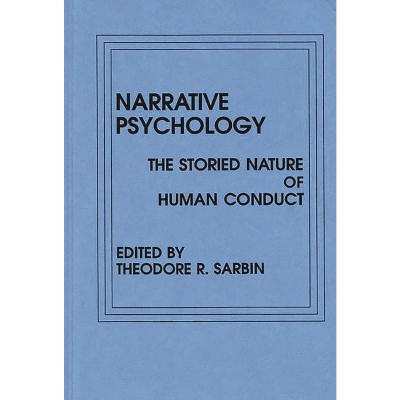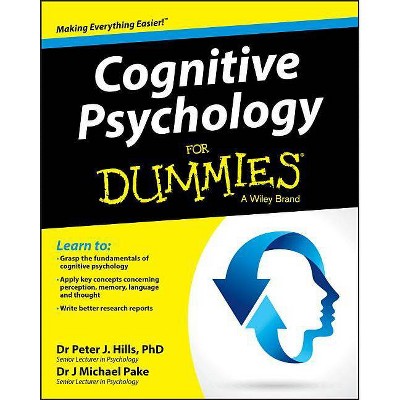Sponsored

Narrative Medicine - (Cognitive Science and Psychology) by Anders Juhl Rasmussen & Morten Sodemann (Hardcover)
In Stock
Sponsored
About this item
Highlights
- This new volume repositions narrative medicine and trauma studies in a global context with a particular focus on ethics.
- Author(s): Anders Juhl Rasmussen & Morten Sodemann
- 306 Pages
- Medical, General
- Series Name: Cognitive Science and Psychology
Description
Book Synopsis
This new volume repositions narrative medicine and trauma studies in a global context with a particular focus on ethics. Trauma is a rapidly growing field of especially literary and cultural studies, and the ways in which trauma has asserted its relevance across disciplines, which intersect with narrative medicine, and how it has come to widen the scope of narrative research and medical practice constitute the principal concerns of this volume.
This collection brings together contributions from established and emerging scholars coming from a wide range of academic fields within the faculty of humanities that include literary and media studies, psychology, philosophy, history, anthropology as well as medical education and health care studies. This crossing of disciplines is also represented by the collaboration between the two editors.
Most of the authors in the volume use narrative medicine to refer to the methodology pioneered by Rita Charon and her colleagues at Columbia University, but in some chapters, the authors use it to refer to other methodologies and pedagogies utilizing that descriptor.
Trauma is today understood both in the restricted sense in which it is used in the mental health field and in its more widespread, popular usage in literature. This collection aspires to prolong, deepen, and advance the field of narrative medicine in two important aspects: by bringing together both the cultural and the clinical side of trauma and by opening the investigation to a truly global horizon.
Review Quotes
First, the volume is inclusive in scope, in conscious resistance to the acknowledged tendency of narrative medicine, historically speaking, to emerge (albeit reactively) in relation to a Western medical model. The scope of the volume is diverse: geopolitically (encompassing Asia, Australia, Europe, Middle East, North America); methodologically and theoretically (exploring narrative forms - oral, filmic/televisual, performative as well as written - and their relation to personal, socio-cultural, historical and political experiences and contexts); and in terms of the disciplines it incorporates (health care, history, literature, media studies, medicine, psychology, and philosophy) and the perspectives it embraces (those of patient, practitioner, writer/creator, reader/witness).
Second, and relatedly, the volume is cognisant of recent criticism of narrative medicine as tending to overlook: (i) the degree to which individual stories are vulnerable to being ignored, excluded, or silenced (for people living with disability or survivors of sexual abuse or cultural oppression, for example); and (ii) how story-telling is not the only, and often not the most available, form of expression. Through the inclusivity of (often highly individualised) voices and the identification of concepts such as 'narrative audibility' ('the complex of what stories get heard and what can be told'), the volume is situated as representing "critical" narrative medicine to a significant degree, making it an important contribution to the field.
These advances are possible as a result of the central aim of the volume: to position narrative medicine in relation to trauma and ethical studies on the well-founded basis that they are natural allies. As trauma is 'an unspeakable or untellable event' paradoxically in need (therapeutically) of expression, so narrative medicine promises an ethical bearing of witness to traumatic experience when personal articulation is bearable. The result epistemologically is that one domain of rather broad definition (narrative medicine) is encountering another area of study (trauma) that is similarly (and properly) porous, such that the coverage tests the limits of coherence somewhat. The division into three sections (Autoethnography, Care, Aesthetic Narrative) is helpful however and the (excellent and challenging) afterword, insisting that narrative medicine be a practice of respect (in relation to the story and the readiness of is subject to tell it) makes clear that the volume is intended to keep open rather than close down vibrant debate.
Professor Josie Billington
Department of English
Co-Lead, Arts, Mental Health and Wellbeing Theme, Centre for Health, Arts, Society & Environment CHASE
University of Liverpool
